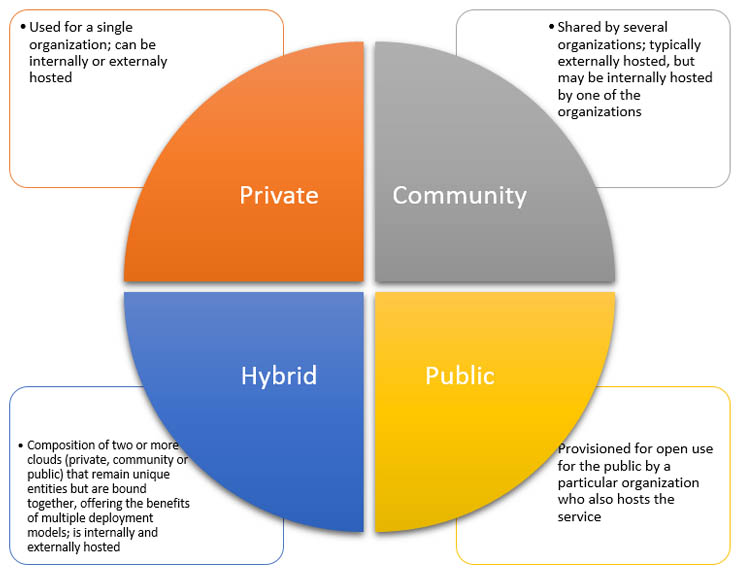Currently, the cloud has received plenty of praise for saving
companies from the burden that storing data brought. However, this has
not come without a fair share of criticism and concern and more so
because companies do not like it when they are not in full control of
their valuable data. Question like the security of the data stored on
the cloud have kept on popping once in a while which has become a major
concern. However, the answer to such a question is not a definite yes or
no because the security of the data stored on the cloud is not solely
the responsibility of the service provider, but the user also has a role
to play. However before getting into the roles for a cloud user it is
worth mentioning:
Safer Cloud
Before treading any further, it is important to note that while the
internet has been around for a sufficient amount of time and is almost
reaching adulthood, Cloud services are merely toddlers and to say that
they can be able to operate without a sufficient amount of problems and
loop holes would be putting up a façade.
With that said, the cloud offers a much more safer environment to
store company data as opposed to some of the traditional methods that
had been used like locking up documents or using safe deposit boxes.
This put the data at high risk of unforeseen circumstances like
robberies and fire but with a cloud, there are a number of security
levels that ensure that the data stored herein is much safer.
How do you ensure data is safe?
As stated earlier, the security and safety of the documents and data
that is stored on the cloud does not solely lie on the shoulders of the
service provider. There is also a sufficient amount of responsibility
that lies on you and you should be sure that you take this seriously.
This will definitely enhance the safety of the cloud and the data that
you store in there. The user here, would have to accommodate and support
the following in order to ensure safety of their data in the cloud.
Tokenization
Even though still in its infancy, this is emerging as a way for
leading edge companies to protect their data. In this method, randomized
tokens replace the data that is being saved on the cloud. They
formulate a table that matches the encrypted values with the original
values to make sure that the data is readable again. Since there are no
formulas involved, it makes it much harder for one to gain unauthorized
access to the data stored. The best thing about tokenization is that it
allows the data to be usable from the company’s perspective but it is
still secure from an IT perspective meaning unlike in encryption, you do
not have to forego one to achieve the other.
Your company data is not only at risk of being compromised from
external threats, it is also as potent from internal risks and without
the proper tools in place, chances are, it will only be a matter of when
not if. With the help of data loss protection tools which are also
known as data leak prevention, extrusion prevention or information loss
prevention tools, you can be able to make sure that you data is much
safer. These work on a set or rules which are set by the business making
access harder if the right protocol is not followed. Depending on the
contents of the file and the rules that have been set by the business,
they are able to establish tag critical information which stops users
from being able to access the files. These are also able to protect data
rest hence you are able to rest more easily.
Encryption
The greatest risk that cloud service suffer is hacking. While you
might not be able to deter this, you can make sure that whoever comes
across your data is not able to use it by encrypting it. This will also
prevent the cloud service providers to see what you are storing in
there. However, this will mean that you will also need to necessary
tools to decrypt the data and you will also before going usability for
security. While some of the cloud services will offer you encryption
service, an extra layer of security for reassurance would do you some
good.
Know your provider
This is one of the simpler duties that you can have and it is evident
that it is among those that you might not have to invest heavily in.
however, it can save you a lot of trouble and ensure you trust the right
providers with your data improving its safety on the cloud.
Understanding and know in the track record of a given company is very
vital and you should make sure that at no given moment you do not
overlook this.
The safety of your company’s data on the cloud lies solely in your
hands and you have the power to make the answer to such a question be a
yes and if you do not play your part, then the safety of your data on
the cloud can be in a horrendous state.


